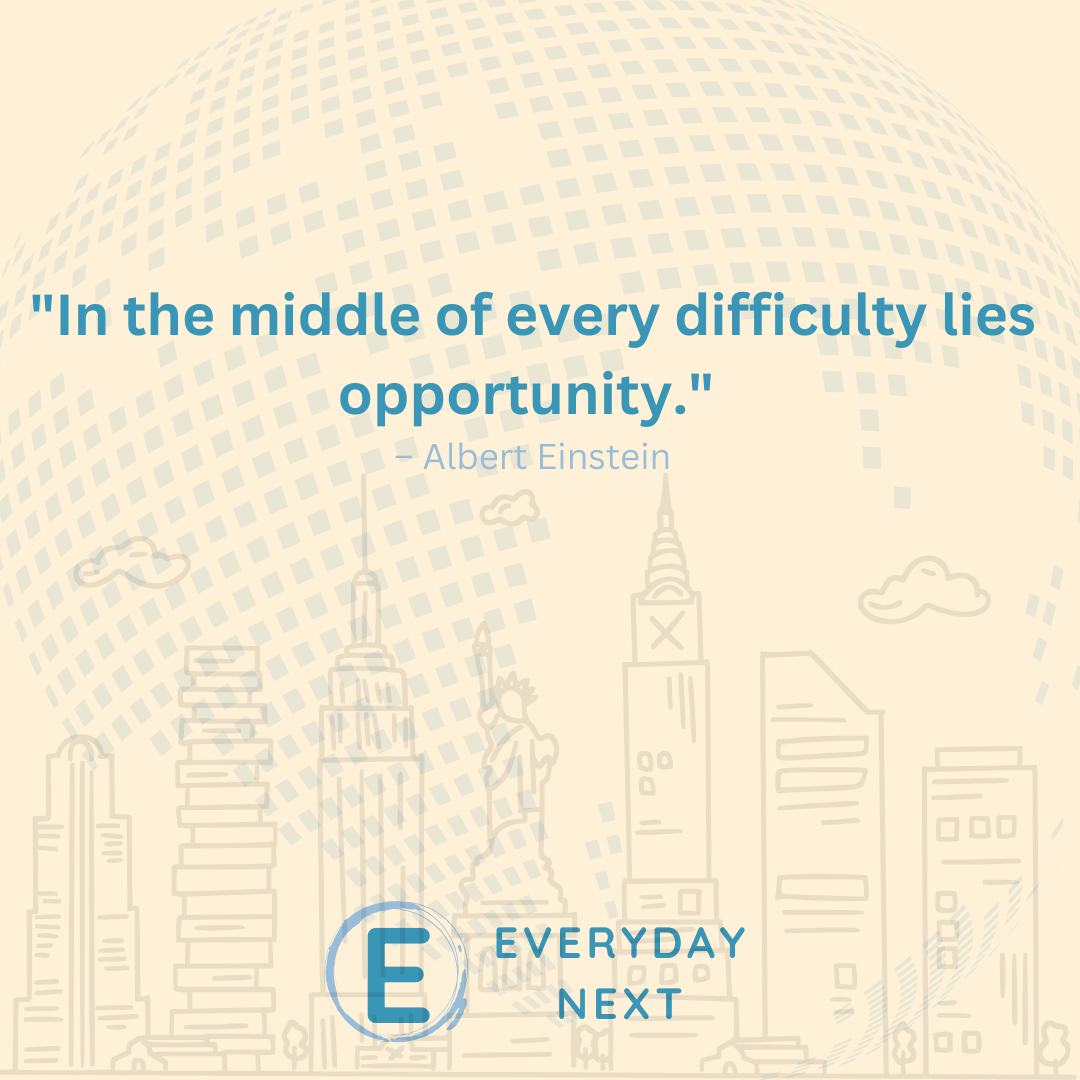
Stargate: The $500 Billion AI Project Set to Revolutionize Healthcare and Revitalize the United States
Table of Contents

The world of artificial intelligence is witnessing one of its boldest and most ambitious ventures to date: the Stargate Project. Backed by major tech giants like OpenAI, Oracle, NVIDIA, and SoftBank, this $500 billion initiative promises to revolutionize the healthcare industry and revitalize the U.S. economy. In this article, we’ll dive deep into what makes Stargate a groundbreaking project, explore its impact on healthcare and the broader economy, and discuss why it’s capturing global attention.
What Is Stargate?
Announced in early 2025 by President Trump, Stargate is a collaborative AI venture aimed at transforming healthcare through advanced machine learning, data analytics, and automation. This project brings together the technological prowess of OpenAI, the cloud expertise of Oracle, the computing power of NVIDIA, and the financial muscle of SoftBank. The ultimate goal? To redefine what’s possible in healthcare by leveraging the unparalleled capabilities of AI.

Key Goals of Stargate
- Precision Medicine: Imagine treatments tailored specifically to your genetic makeup. Stargate aims to use AI to analyze genetic data, providing personalized treatment plans for every patient.
- Drug Discovery: Developing new drugs is often a time-consuming and costly process. Stargate’s AI algorithms can simulate millions of potential drug interactions, accelerating this process and drastically reducing costs.
- Predictive Healthcare: AI-driven models will predict health risks before they manifest, enabling early intervention and potentially saving countless lives.
- Global Accessibility: Stargate aims to bridge healthcare gaps by deploying AI-driven tools to underserved regions worldwide.
By 2029, Stargate is expected to reach full operational capacity, positioning the U.S. as a global leader in AI-driven healthcare.
The $500 Billion Investment
The sheer scale of Stargate’s funding underscores its ambitions. This $500 billion investment will go toward:
- Building cutting-edge AI models specific to healthcare.
- Developing a global network of data centers for real-time data processing.
- Collaborating with hospitals, universities, and research institutions worldwide.
Masayoshi Son, the chairman of SoftBank, described the project as “the moonshot of healthcare,” highlighting its transformative potential.
How Stargate Is Revolutionizing Healthcare
Let’s break down some of the key areas where Stargate is making a significant impact:
1. AI-Powered Diagnostics
Stargate’s AI tools can analyze medical images, lab results, and patient histories with unparalleled accuracy. For example:
- Early Detection of Diseases: NVIDIA-powered systems can detect cancer and other diseases at their earliest stages, allowing for more effective treatments.
- Improved Accuracy: AI reduces the chances of misdiagnosis by analyzing vast datasets in real time.
2. Accelerated Drug Development
Traditional drug discovery processes can take over a decade and billions of dollars. Stargate’s AI models, powered by Oracle’s cloud infrastructure, can simulate drug interactions in a fraction of the time, opening the door to faster, cheaper medical breakthroughs.
3. Remote Patient Monitoring
Wearable devices integrated with AI allow for real-time monitoring of vital signs. This is especially beneficial in underserved areas where access to healthcare professionals is limited.
4. Addressing Global Health Disparities
One of Stargate’s primary missions is to make advanced healthcare accessible globally. By deploying AI tools to low-income regions, it aims to provide equitable healthcare solutions.
Where Will Stargate Be Located?
Stargate’s infrastructure spans multiple global locations, strategically chosen for their technological and operational advantages:
Primary Locations
- Austin, Texas: Oracle’s campus in Austin will be the primary hub for Stargate’s generative AI operations.
- Northern Virginia: This area, known for its massive data center ecosystem, will host real-time data processing systems.
- Utah and Oregon: These regions will house NVIDIA-powered GPU clusters for high-performance AI computing.
- Tokyo, Japan: SoftBank’s facilities in Tokyo will ensure seamless global data integration and operations across Asia.
Planned Expansions
A $100 billion investment announced by President Trump will fund the construction of additional data centers to support Stargate’s growing infrastructure. By 2029, this network will feature interconnected facilities capable of processing exabytes of data daily, solidifying Stargate’s position as a global leader in healthcare AI.
Could Stargate Revitalize the United States?
Stargate’s impact extends far beyond healthcare. Here’s how this ambitious project could reshape the U.S. economy and global standing:
1. Economic Growth and Job Creation
- High-Paying Jobs: Stargate is expected to create thousands of jobs in AI development, cloud computing, and biotechnology.
- Stimulating Local Economies: Partnerships with universities and hospitals will inject significant capital into local economies.
2. Establishing Global Leadership
By spearheading AI-driven healthcare innovation, the U.S. could set global standards for technology and ethics in medicine.
3. Lower Healthcare Costs
AI-driven efficiencies will reduce costs for diagnostics, treatments, and administrative tasks, making healthcare more affordable for everyone.
4. Boosting Public Confidence
A successful project like Stargate can symbolize American ingenuity, fostering national pride and unity.
Challenges to Address
While Stargate holds immense promise, it’s not without its challenges:
- Data Privacy Concerns: Managing sensitive patient data securely will be critical.
- Ethical AI Use: Ensuring AI systems make unbiased and fair decisions is a top priority.
- Skepticism from Critics: Figures like Elon Musk have expressed concerns about centralized control and over-reliance on AI.
Addressing these challenges will be essential for Stargate to achieve its ambitious goals.
Conclusion: A Stargate to the Future?
The Stargate Project represents a bold step into the future, combining artificial intelligence with human ingenuity to tackle some of healthcare’s most pressing challenges. With its immense funding, global collaborations, and transformative goals, Stargate has the potential to revolutionize not just healthcare but also the broader U.S. economy and global innovation landscape.
As we look ahead to 2029, one thing is clear: Stargate is not just a project; it’s a vision for the future.
FAQ: Common Questions About Stargate
Q: How can the average person benefit from Stargate?
A: Stargate’s innovations could lead to earlier disease detection, lower healthcare costs, and more accessible treatments globally. Even if you never interact with Stargate directly, its advancements in predictive healthcare and drug discovery are likely to improve healthcare outcomes everywhere.
Q: What industries besides healthcare might Stargate impact?
A: While healthcare is the focus, Stargate’s AI technologies could influence sectors like education, transportation, and cybersecurity by demonstrating how advanced data analytics and predictive models can drive efficiency and innovation.
The Stargate Project represents a bold step into the future, combining artificial intelligence with human ingenuity to tackle some of healthcare’s most pressing challenges. With its immense funding, global collaborations, and transformative goals, Stargate has the potential to revolutionize not just healthcare but also the broader U.S. economy and global innovation landscape.
As we look ahead to 2029, one thing is clear: Stargate is not just a project; it’s a vision for the future.














Pingback: DeepSeek: The Chinese AI Lab Shaping the Future of Artificial Intelligence - Everyday Next
Bernard
Somebody essentially lend a hand to make critically posts I’d state.
This is the very first time I frequented your website page and to this point?
I surprised with the research you made to create this actual post
incredible. Wonderful job!
Brandon
You made some good points there. I checked on the web for
more info about the issue and found most people will go along with your views
Pingback: Healthcare Systems Compared: Which Country Offers the Best? - Kaki Prod